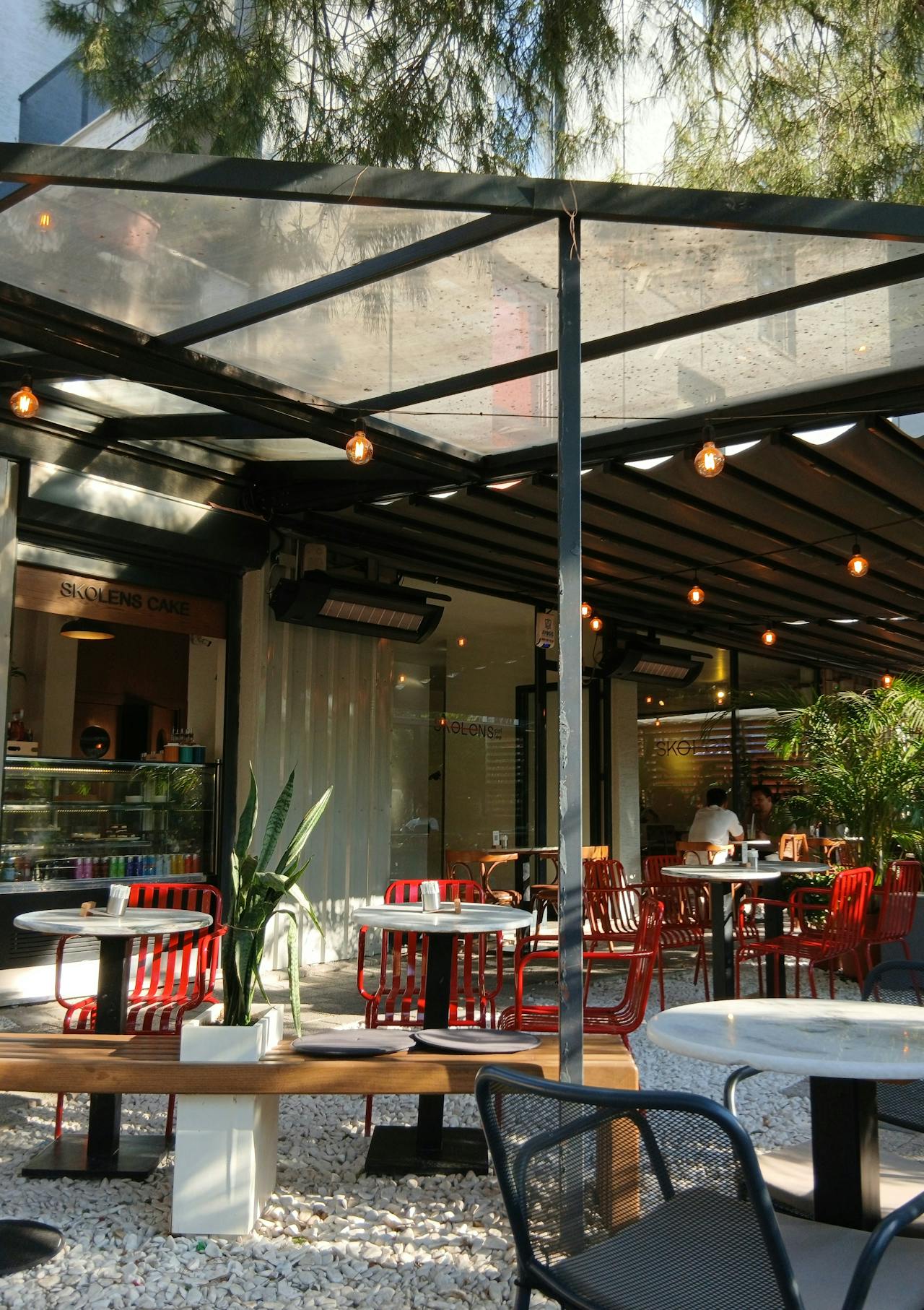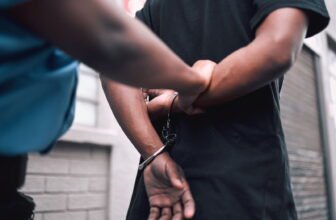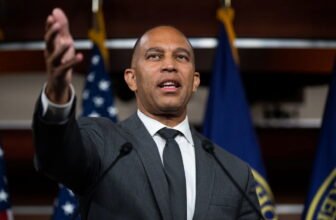
June 24, 2025
For Phlavz, a Black-owned enterprise striving to offer affordable dining options amid rising food and service costs, the incident transcends the $200 bill.
The recent brazen act of a trio leaving Phlavz Bar & Grille in University Village without settling a $200 bill for shrimp and lobster highlights more than just a financial loss; it exposes the pernicious challenges confronting Black-owned establishments and the broader community they endeavor to serve.
As warmer weather beckons patrons to outdoor dining, a crucial revenue stream for local restaurateurs, incidents of “dine-and-dash” are not only surging but are also disproportionately affecting independent, often minority-owned businesses that are striving for economic stability.
Surveillance footage from June 16 captured three patrons departing Phlavz’s inviting outdoor patio without payment after Hulk-smashing plates of seafood.
For co-owners Andrew Bonsu and Phil Simpson, this wasn’t merely a transactional oversight but a profound disappointment.
“It’s actually disappointing, very disappointing to see that from the community we actually serve. We pour into the community,” Bonsu told ABC7.
The immediate fallout directly affects the dedicated staff, as Simpson underscored, “The young lady that was serving that table, she’s got kids at home. She gets a percentage of that tip. She worked hard to serve that table. They had a lot of food.”
This theft of labor or skipping out on the bill, which impacts servers’ livelihoods, can have a profound effect on service industry employees already struggling with escalating operational costs.
The phenomenon of customers absconding without payment, known as “dine-and-dash,” has seen a troubling increase since the onset of the COVID-19 pandemic, a trend particularly pronounced in outdoor dining settings during the summer months, according to Sam Toia, president of the Illinois Restaurant Association. “We see this dine and dash really hurt the independent restaurants,” Toia stated, adding a poignant observation for Chicago: “It definitely picks up in the summer. In Chicago, what do we get? Maybe 60 days of great weather, maybe you can eat outside.”
This vulnerability is acutely felt by Black-owned businesses, which faced devastating consequences during the pandemic. Black business ownership in the U.S. declined by more than 405 — the most significant drop across any ethnic group, with 58% of these businesses already in financial distress.
In cities like New Orleans, many Black families confronted agonizing decisions about the future of generational enterprises. In response to this crisis, the National Urban League and PepsiCo Foundation launched the Black Restaurant Accelerator. The significance of this initiative was underscored by its announcement at Vaucresson’s in New Orleans, during the annual Jazz & Heritage Festival, which recognized Vaucresson’s as the sole remaining food vendor from the festival’s inception three decades prior — a powerful symbol of heritage and resilience in the face of adversity.
While a post-George Floyd social justice movement inspired over one-third of consumers to actively seek out Black-owned restaurants, this increased support arrives at a time when Black restaurant owners, like others, face immense pressures, with 84% having reduced staff due to COVID-19.
However, Black-owned restaurants were marginally less likely to implement staff reductions compared to 86% of all restaurant owners. Furthermore, Black owners invested an average of $7,300 to adapt to new COVID-19 operations, nearly matching the $7,400 average for all restaurant owners.
What remains notably absent, however, are similar reports of such brazen disregard in the refined ambiance of predominantly white fine-dining establishments, such as Fleming’s Prime Steakhouse & Wine Bar or Morton’s The Steakhouse. The disparity compels a critical examination of where and why such acts of contempt manifest. It suggests a deeply uncomfortable undercurrent where certain businesses, particularly those operating within Black communities or owned by individuals of color, are perceived as more vulnerable to such transgressions, or perhaps, less deserving of commensurate respect and legitimate patronage. This implicit devaluation can erode the vital trust between businesses and their local clientele.
For Phlavz, a Black-owned enterprise striving to offer affordable dining options amid rising food and service costs, the incident transcends the $200 bill. While the culprits were quickly identified online, and an offer to pay was extended, Simpson declined, emphasizing a larger imperative.
“At that point, we are going to pursue this the right way,” he affirmed, signaling a stand against the normalization of such behavior.
Bonsu echoed this sentiment, lamenting the impact on their earnest efforts: “For us to put our hard-earned money into this and set this up for our community, to see things like this happening, it’s tasteless.”
The owners have filed a report with the University of Illinois-Chicago police for theft of labor or services, seeking official recourse. Their public stance and reliance on social media to disseminate awareness reflect a plea for collective accountability.
The hope is that widespread visibility will compel future would-be “dine-and-dashers” to confront the actual human cost of their actions, fostering a renewed respect for all businesses, particularly those serving as anchors within their communities.
RELATED CONTENT: Boxing Champ Adrien Broner Cops To Getting Jumped In Nightclub Brawl: ’18 vs. 2′






